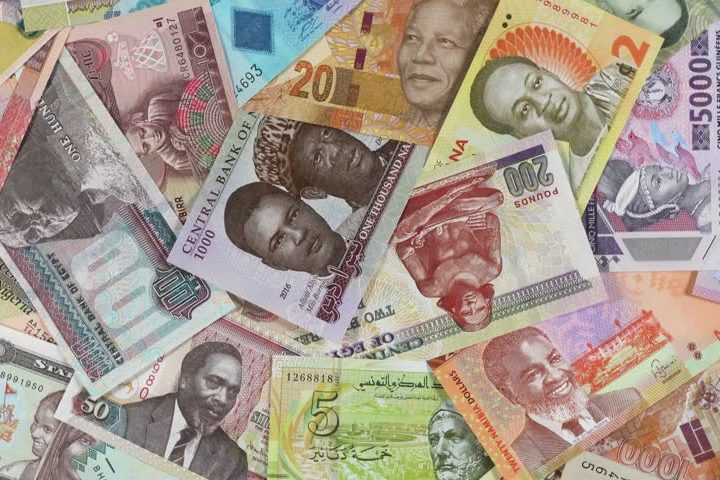Ghana’s central bank highlights food price volatility as inflation edges up. Experts warn of broader economic impacts.
Ghana’s central bank announced on Friday that it will keep its main interest rate steady at 27%, attributing the decision to persistent increases in food prices, which have fueled inflation for the second consecutive month. This comes despite significant progress in curbing inflation over the past year.
The bank’s Governor, Dr. Ernest Addison, stated, “The upward trend in food prices remains a critical challenge. While inflationary pressures have eased, the pace of decline has slowed, requiring continued vigilance.”
Join our WhatsApp ChannelInflation Rises, Driven by Food Prices
Year-on-year inflation in Ghana increased to 22.1% in October, up from 21.5% in September. The central bank cited food prices as a major factor driving this upward trend, noting that fluctuations in agricultural production and supply chain constraints have amplified the problem.
Economic analyst Akua Mensah explained, “Food prices are a cornerstone of inflation in Ghana. Their volatility disproportionately affects vulnerable households, pushing more people toward economic hardship.”
Projections from the central bank suggest that inflation may now only reach its target range of 6% to 10% by the fourth quarter of 2025. This extends its earlier forecast of achieving the target by late 2024.

Food Prices and Broader Economic Challenges
The rising cost of food has broader implications for Ghana’s economy, particularly as the country works to recover from its 2022 debt default. While the government has made strides in restructuring its $30 billion external debt, food price volatility adds pressure to an already fragile economy.
READ ALSO: Why Govt Must Intervene In Rising Food Prices As Nigerians Struggle To Survive
“We are seeing the impacts of food price increases on overall economic stability,” said economist Kofi Amankwah. “They affect not just households but also the government’s ability to project economic growth accurately.”
IMF Support and Future Outlook
Ghana secured a $3 billion bailout from the International Monetary Fund (IMF) in 2023, providing much-needed financial relief. The IMF’s executive board is set to meet on December 2 to approve the third review of Ghana’s program, which will unlock $360 million. However, experts caution that inflation, especially driven by food prices, may complicate the government’s recovery plans.
The central bank assured the public that it remains committed to stabilizing inflation while supporting economic growth. Dr. Addison reiterated, “Our focus is on achieving sustainable economic stability. Addressing food price volatility is a key part of this strategy.”
Path Forward
As Ghana navigates its economic challenges, food prices remain a central issue requiring urgent attention. Policymakers and stakeholders are urged to collaborate on long-term solutions, including investments in agriculture and supply chain improvements.
Ghana’s inflation battle underscores the critical role of food prices in shaping economic outcomes, highlighting the need for targeted interventions to ensure stability for all.
Emmanuel Ochayi is a journalist. He is a graduate of the University of Lagos, School of first choice and the nations pride. Emmanuel is keen on exploring writing angles in different areas, including Business, climate change, politics, Education, and others.



















Follow Us